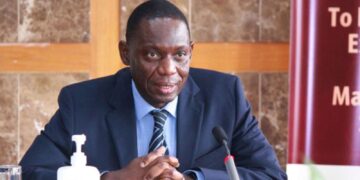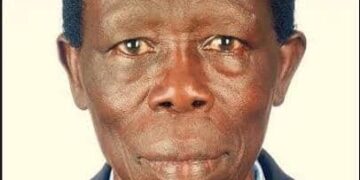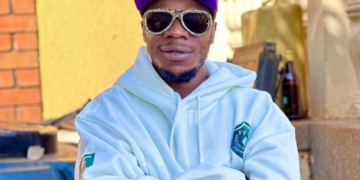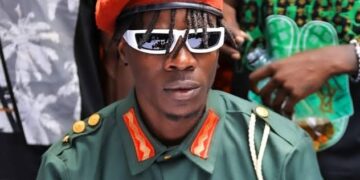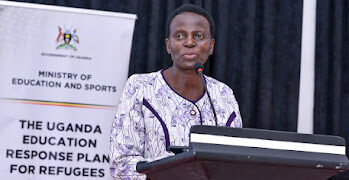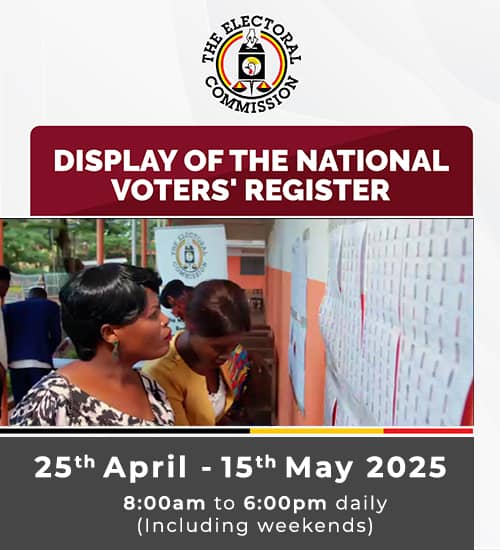Protesters have stormed Libya’s parliament in the eastern city of Tobruk and set parts of it ablaze, venting their anger at deteriorating living conditions and months of political deadlock.
Black smoke billowed as men burned tyres and torched cars during the incident on Friday after a protester smashed through the compound’s gate with a bulldozer and others attacked the walls with construction tools, local media reported.
The building was empty, as Friday falls on the weekend in Libya.
Libya’s parliament, or House of Representatives, has been based in Tobruk, hundreds of kilometres (miles) east of the capital Tripoli, since an east-west schism in 2014 following the revolt that toppled dictator Moamer Kadhafi three years earlier.
A rival body, formally known as the High Council of State, is based in Tripoli.
Images Friday showed that a protester driving a bulldozer had managed to smash through part of a gate, allowing other demonstrators to enter more easily, while cars of officials were set on fire.
Later protesters began to break through the building’s walls with construction equipment.
Other protesters, some brandishing the green flags of the Gadhafi regime, threw office documents into the air.
Libya has endured several days of power cuts, worsened by the blockade of several oil facilities against the backdrop of political rivalries.
“We want the lights to work,” protesters chanted.
Two governments have been vying for power for months: one based in Tripoli, led by interim prime minister Abdulhamid Dbeibah, and another headed by former interior minister Fathi Bashagha, appointed by the parliament and supported by eastern-based strongman Khalifa Haftar.
“I call on my parliamentary colleagues as well as members of the High Council of State to collectively resign to respect the will of the Libyan people and preserve Libya’s stability,” lawmaker Ziad Dgheim, was quoted as saying by Libyan channel Al-Ahrar on Friday.
The United Nations said Thursday that talks between the rival Libyan institutions aimed at breaking the deadlock had failed to resolve key differences.
Parliament speaker Aguila Saleh and High Council of State president Khaled al-Mishri met at the UN in Geneva for three days of talks to discuss a draft constitutional framework for elections.
While some progress was made, it was not enough to move forward towards elections, with the two sides still at odds over who can stand in presidential elections, said the UN’s top Libya envoy Stephanie Williams, who facilitated the talks.
















